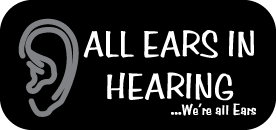Blog Posts
Financial Considerations of the Cost of Hearing Aids and Insurance Coverage
Table of Contents The Cost of Hearing Aids and Insurance Coverage Hearing is one of our most essential senses, playing a pivotal role in how we communicate, connect with others,
How to manage hearing loss
Table of Contents How to manage hearing loss Managing hearing loss can be difficult and can be different for everyone. There are a few different ways that people manage their
The role of audiology in hearing aid selection and fitting
Table of Contents The role of an audiologist in hearing aid fitting The World Health Organization (WHO) estimates that over 5% of the world’s population – approximately 466 million people –
What is Sensorineural Hearing Loss?
Table of Contents What is Sensorineural Hearing Loss? Definition of Sensorineural Hearing Loss Sensorineural hearing loss (SNHL) is a type of permanent hearing impairment that affects one or both ears. It
The Impact of Hearing Aids on Quality of Life
Table of Contents The Impact of Hearing Aids on Quality of Life Hearing loss, a condition that affects millions worldwide, isn’t just about the inability to hear sounds. It’s about
The Pros and Cons of buying cheap hearing aids
The Pros and Cons of buying cheap hearing aids Hearing aids are essential devices for people with hearing loss, and while there are many affordable options available on the market, it’s
Share:
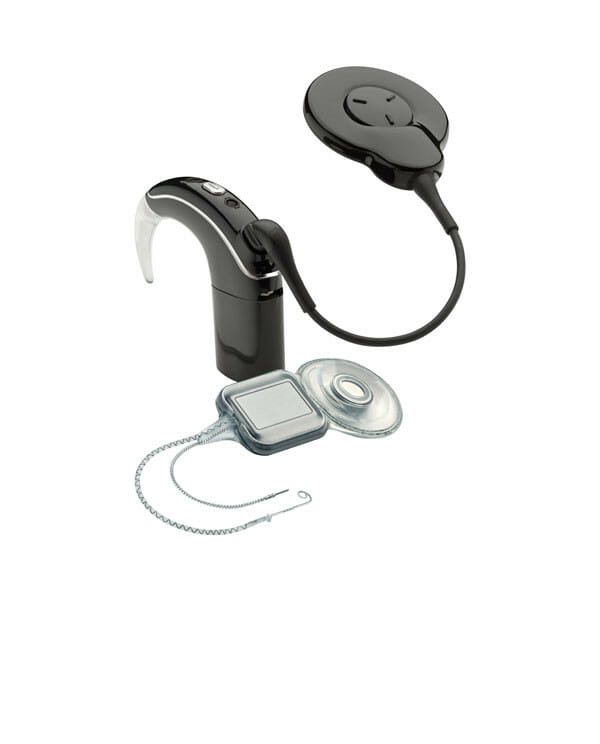




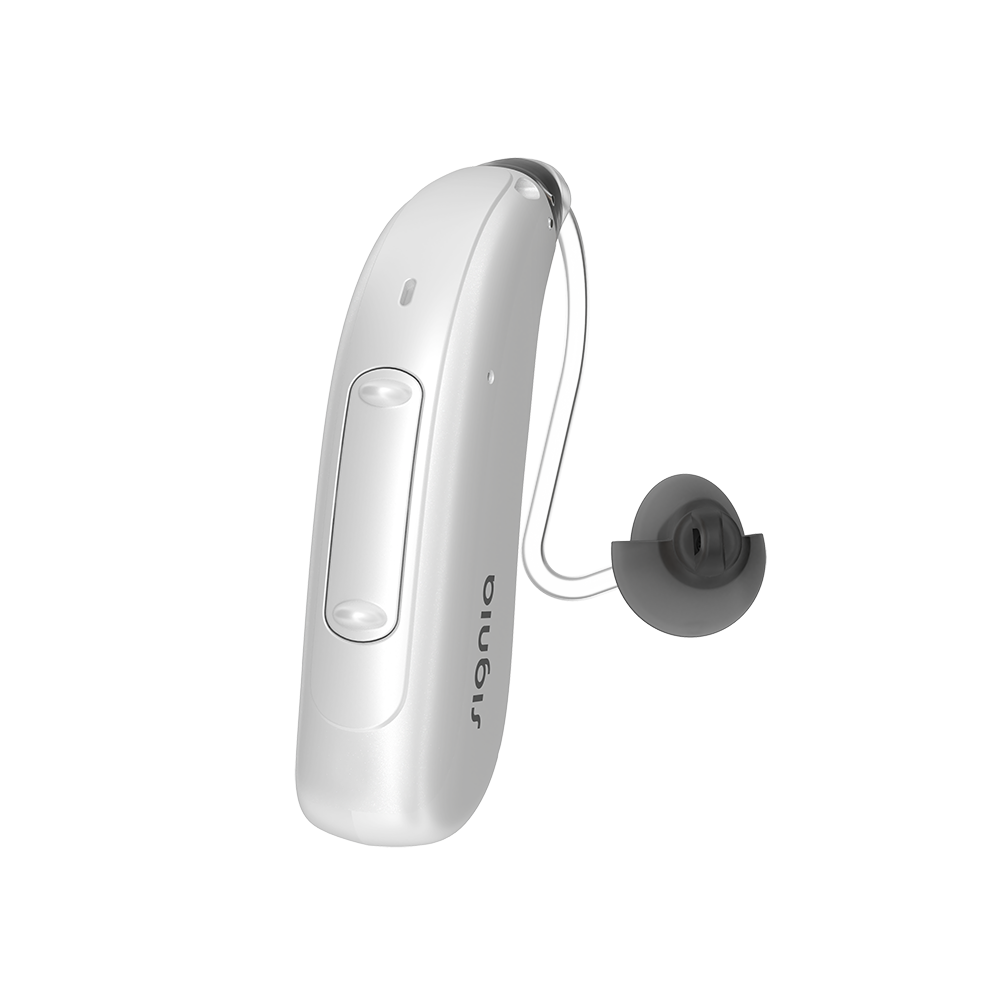
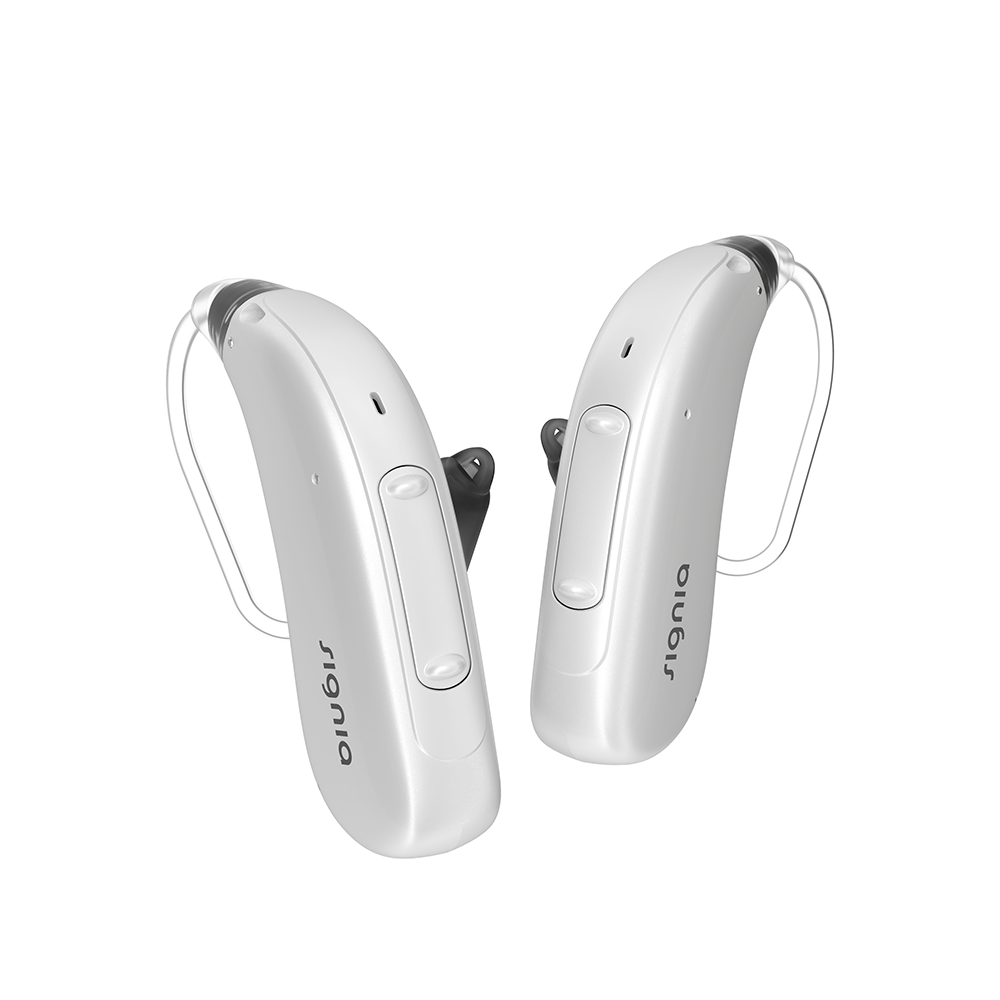
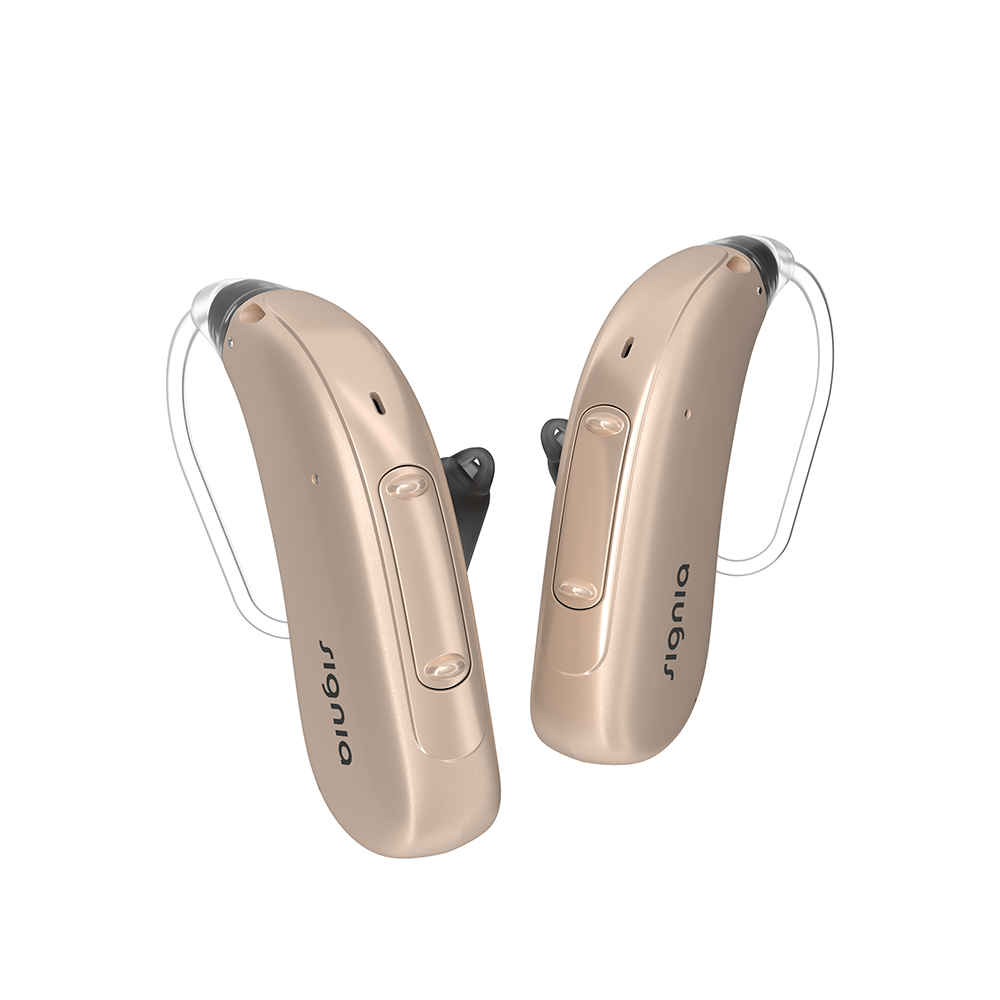
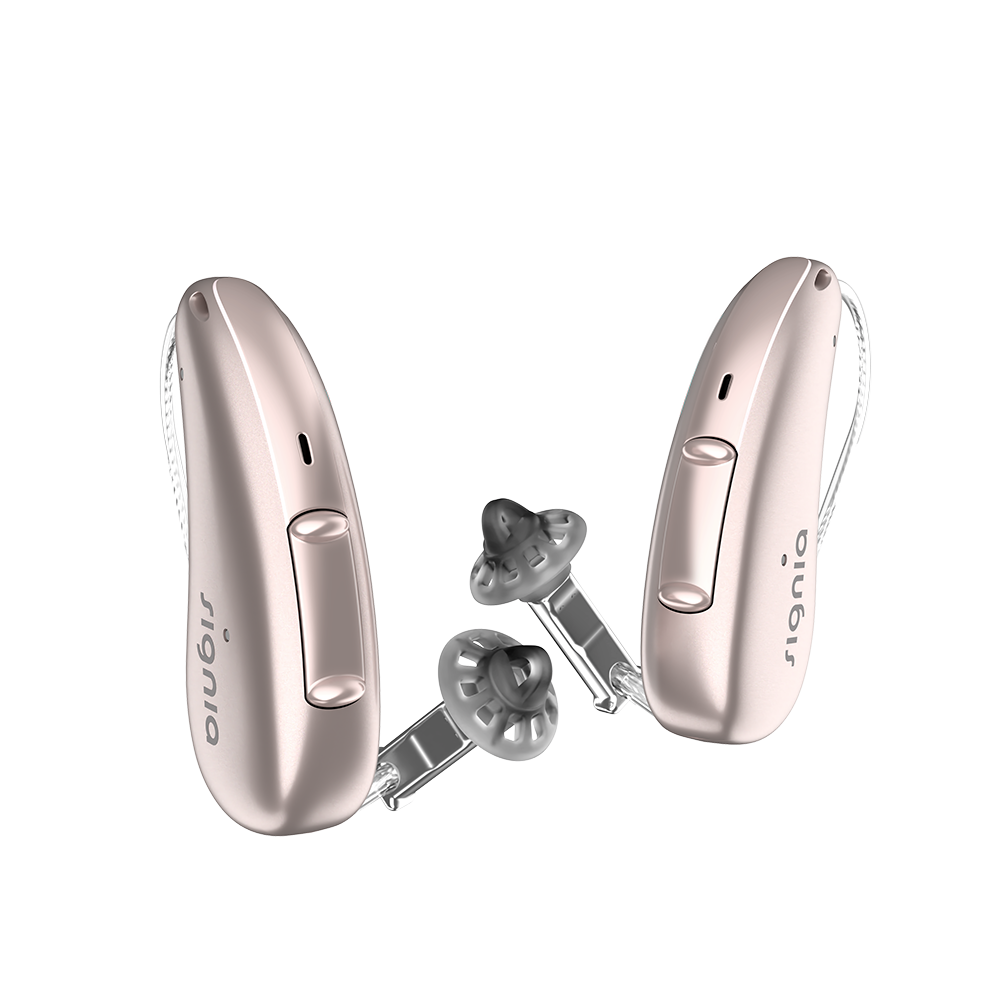
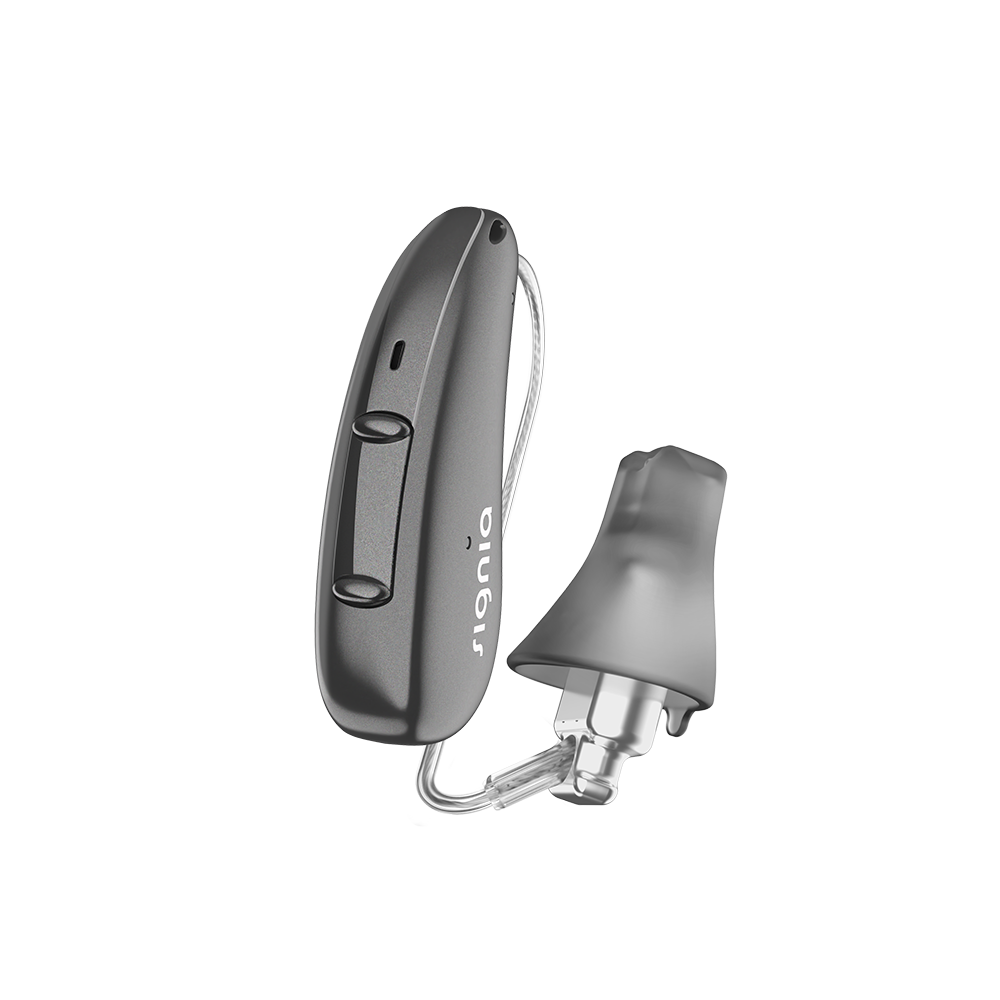


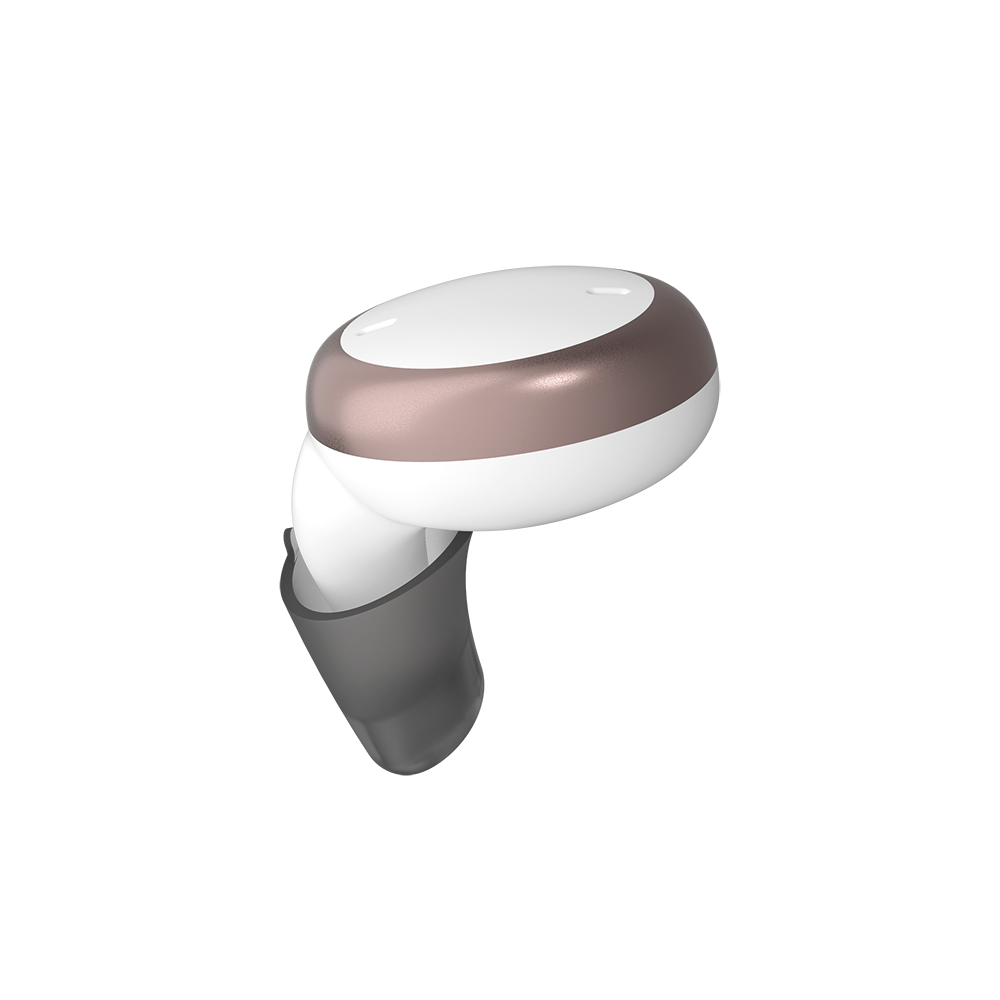
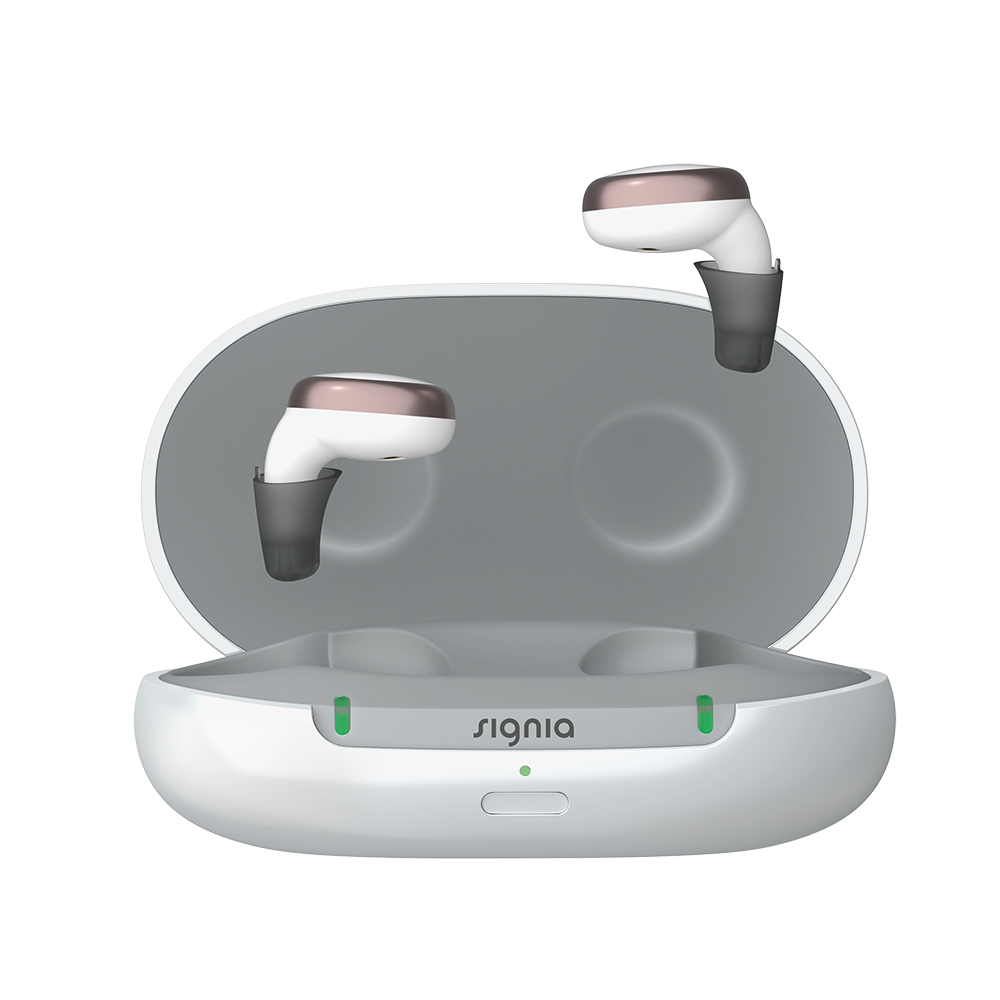


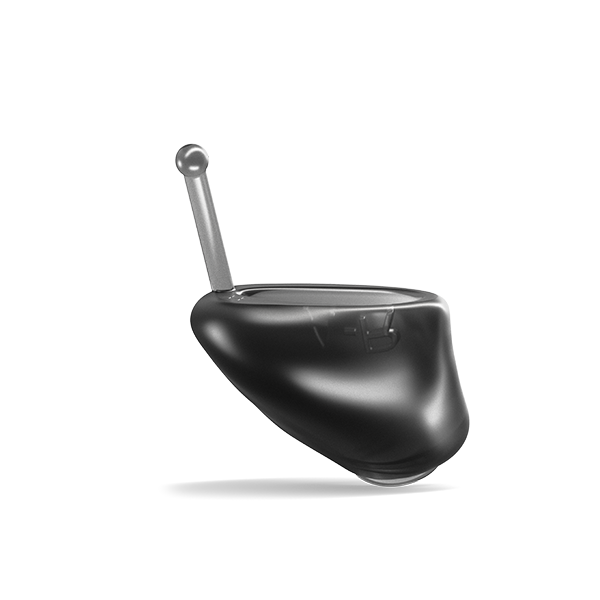
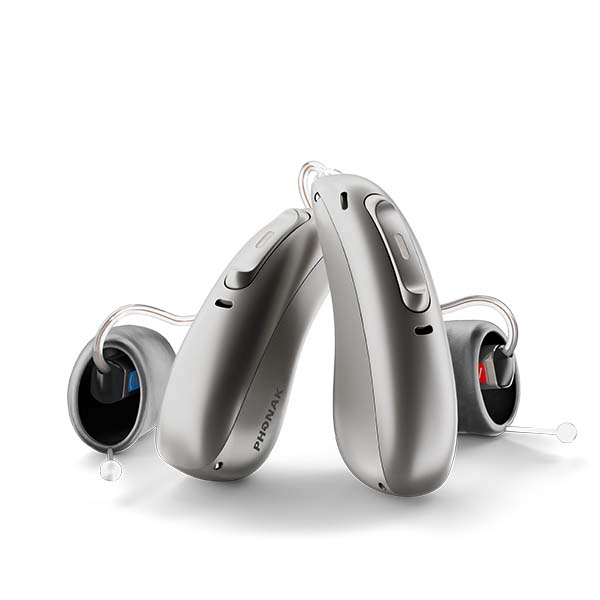

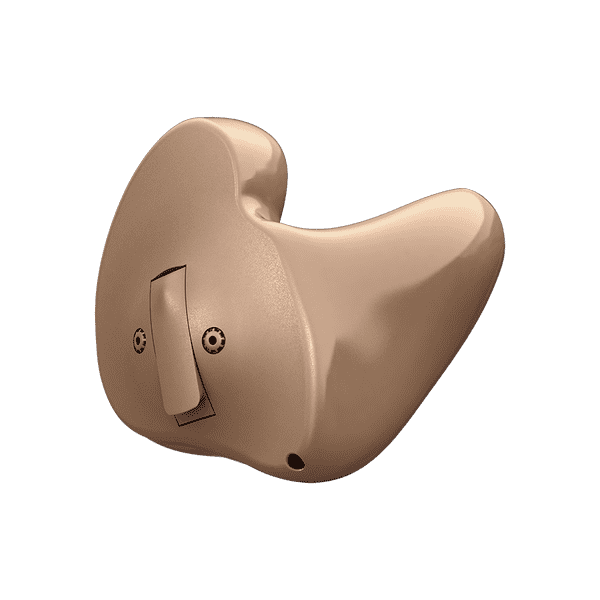

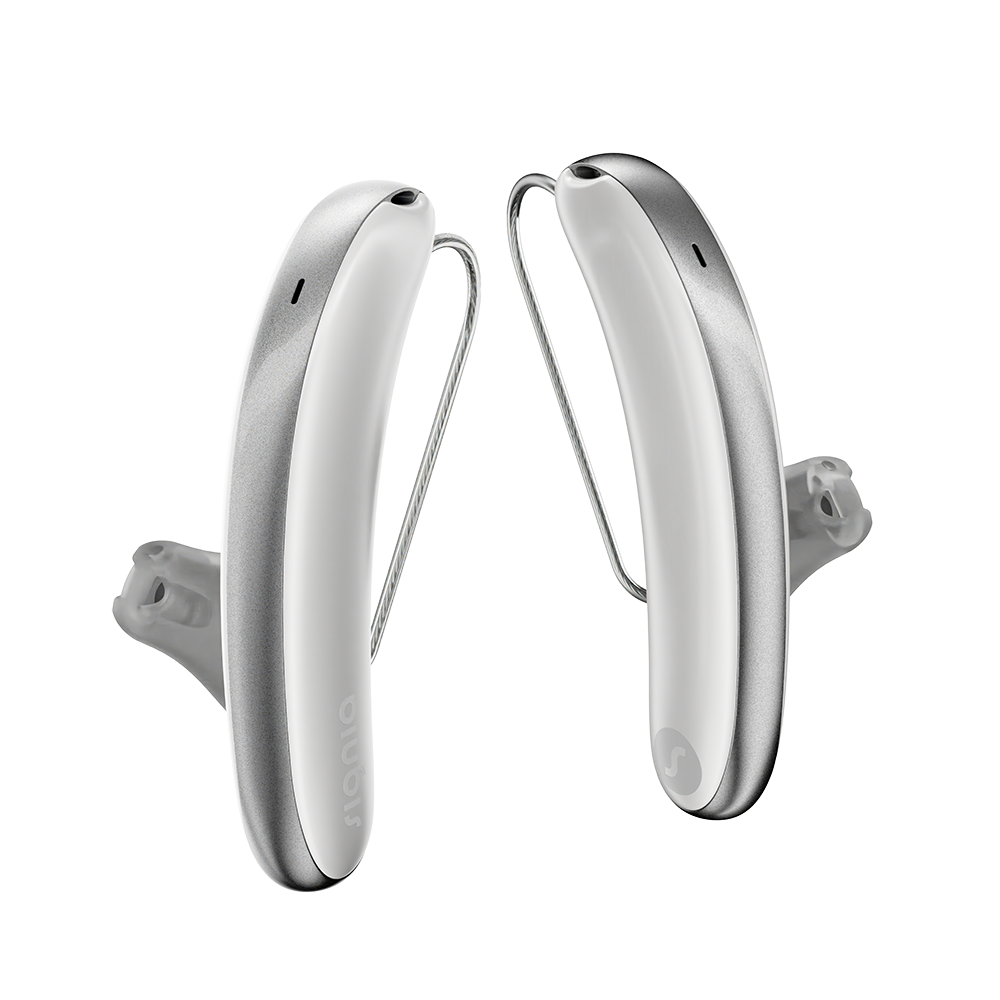
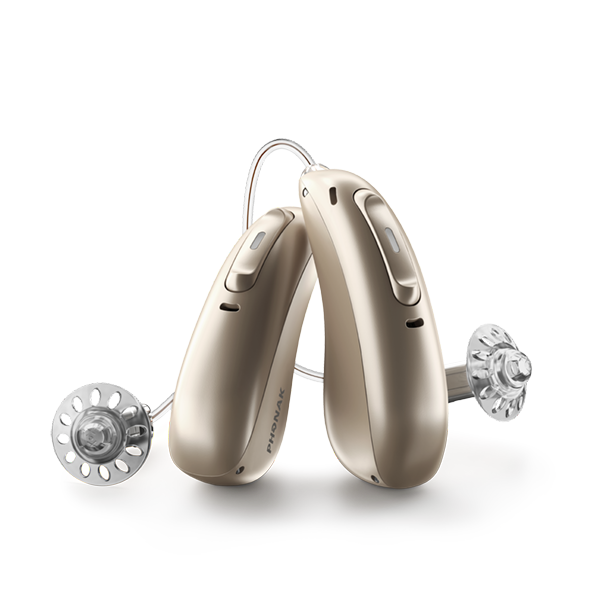

Most Popular
How to manage hearing loss
The role of audiology in hearing aid selection and fitting
What is Sensorineural Hearing Loss?
Related Posts
Financial Considerations of the Cost of Hearing Aids and Insurance Coverage
Table of Contents The Cost of Hearing Aids and Insurance Coverage Hearing is one of our most essential senses, playing a pivotal role in how we communicate, connect with others, and perceive the world around us. For those with hearing impairments, the challenges can be immense, affecting not just their personal interactions, but also their overall quality of life. In such scenarios, hearing aids emerge as a beacon of hope, offering the promise of clearer communication and an enhanced auditory experience. However, while the technological advancements in hearing aids have been remarkable, making them more effective and user-friendly, they also
How to manage hearing loss
Table of Contents How to manage hearing loss Managing hearing loss can be difficult and can be different for everyone. There are a few different ways that people manage their hearing loss. Some people use hearing aids, while others use sign language or lip reading to help them communicate. It is important to find the best way to manage your hearing loss that works for you. However, the first step is to see your local doctor or a hearing specialist to find out more about the options available. Hearing Aids The common way to manage hearing loss is to use
The role of audiology in hearing aid selection and fitting
Table of Contents The role of an audiologist in hearing aid fitting The World Health Organization (WHO) estimates that over 5% of the world’s population – approximately 466 million people – suffer from disabling hearing loss. This number is expected to rise to over 900 million by 2050. Such statistics highlight not just the prevalence of hearing loss but also the increasing demand for solutions to address it. Enter the realm of hearing aids: technological marvels designed to amplify sound and make it clearer, thus helping individuals reconnect with their surroundings.However, the journey to better hearing isn’t as simple as just
What is Sensorineural Hearing Loss?
Table of Contents What is Sensorineural Hearing Loss? Definition of Sensorineural Hearing Loss Sensorineural hearing loss (SNHL) is a type of permanent hearing impairment that affects one or both ears. It is caused by damage to the inner ear or auditory nerve, and can make it difficult for a person to properly hear high-frequency sounds. In some cases, SNHL may even lead to complete hearing loss. SNHL can occur in people of any age but is more common among older adults due to the natural aging process of the ear. Other causes include trauma, genetics, certain medications, infections, and exposure to
